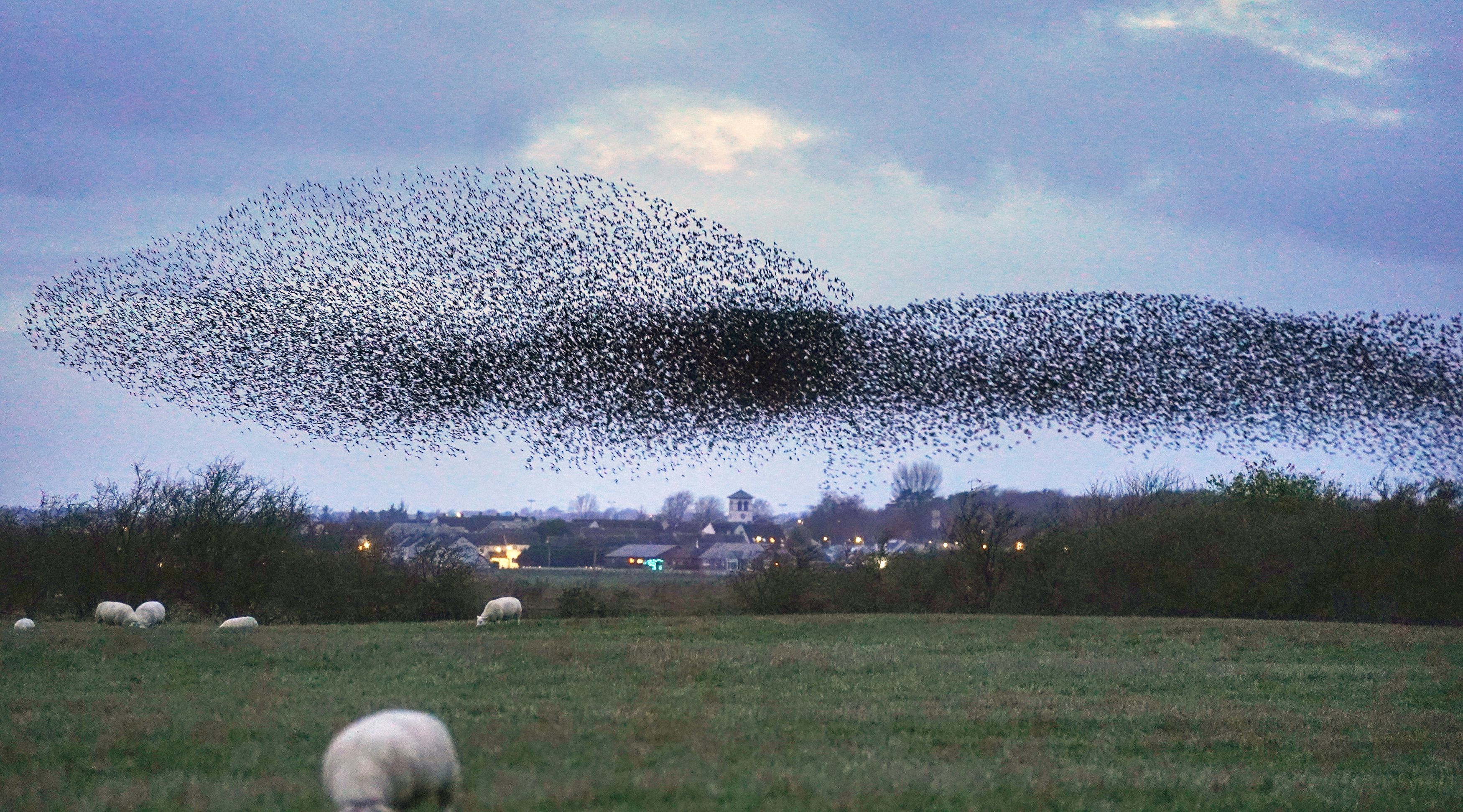A sombre finale: Birdsong is dying away in Europe and North America
Birdsong has an important role to play in our relationship with nature, experts say

Your support helps us to tell the story
From reproductive rights to climate change to Big Tech, The Independent is on the ground when the story is developing. Whether it's investigating the financials of Elon Musk's pro-Trump PAC or producing our latest documentary, 'The A Word', which shines a light on the American women fighting for reproductive rights, we know how important it is to parse out the facts from the messaging.
At such a critical moment in US history, we need reporters on the ground. Your donation allows us to keep sending journalists to speak to both sides of the story.
The Independent is trusted by Americans across the entire political spectrum. And unlike many other quality news outlets, we choose not to lock Americans out of our reporting and analysis with paywalls. We believe quality journalism should be available to everyone, paid for by those who can afford it.
Your support makes all the difference.The catastrophic effect of climate change is reducing the volume and variety of birdsong across Europe and North America, new research reveals.
An international team of researchers led by the University of East Anglia (UEA) developed a new technique, combining world-leading citizen science bird monitoring data with recordings of individual species in the wild, to reconstruct the soundscapes of more than 200,000 sites over the past 25 years.
The team unveiled a “widespread decline in the acoustic diversity and intensity of natural soundscapes”.
Lead author Dr Simon Butler, from UEA’s school of biological sciences, explained: “We found a widespread decline in the acoustic diversity and intensity of natural soundscapes, driven by changes in the composition of bird communities.
“These results suggest that the soundtrack of spring is getting quieter and less varied and that one of the fundamental pathways through which humans engage with nature is in chronic decline, with potentially widespread implications for human health and wellbeing.
“Given that people predominantly hear, rather than see, birds, reductions in the quality of natural soundscapes are likely to be the mechanism through which the impact of ongoing population declines is most keenly felt by the general public,” he added.
Dr Butler added: “The benefits of nature contact are widespread, from improved physical health and psychological well-being to increased likelihood of participating in pro-environmental behaviour.
“Bird song plays an important role in defining the quality of nature experiences but widespread declines in bird populations, and shifts in species’ distributions in response to climate change, mean that the acoustic properties of natural soundscapes are likely to be changing.”
Annual bird count data from the North American Breeding Bird Survey and Pan-European Common Bird Monitoring Scheme sites were combined with recordings for more than 1,000 species from Xeno-canto, an online database of bird calls and songs, to reconstruct historical soundscapes.
The acoustic characteristics of these soundscapes were then quantified using four indices designed to measure the distribution of acoustic energy across frequencies and time. These indices are driven by song complexity and variety across contributing species but quantify the diversity and intensity of each soundscape as a whole.
The researchers say the relationship between changes in the structure of bird communities and resultant soundscape characteristics is not easy to predict.
Dr Catriona Morrison, a post-doctoral researcher in UEA’s school of biological sciences, conducted the analyses. She said: “Unfortunately, we are living through a global environmental crisis, and we now know that the diminishing connection between people and nature may be contributing to this..
“As we collectively become less aware of our natural surroundings, we also start to notice or care less about their deterioration. Studies like ours aim to heighten awareness of these losses in a tangible, relatable way and demonstrate their potential impact on human well-being.”
Join our commenting forum
Join thought-provoking conversations, follow other Independent readers and see their replies
Comments